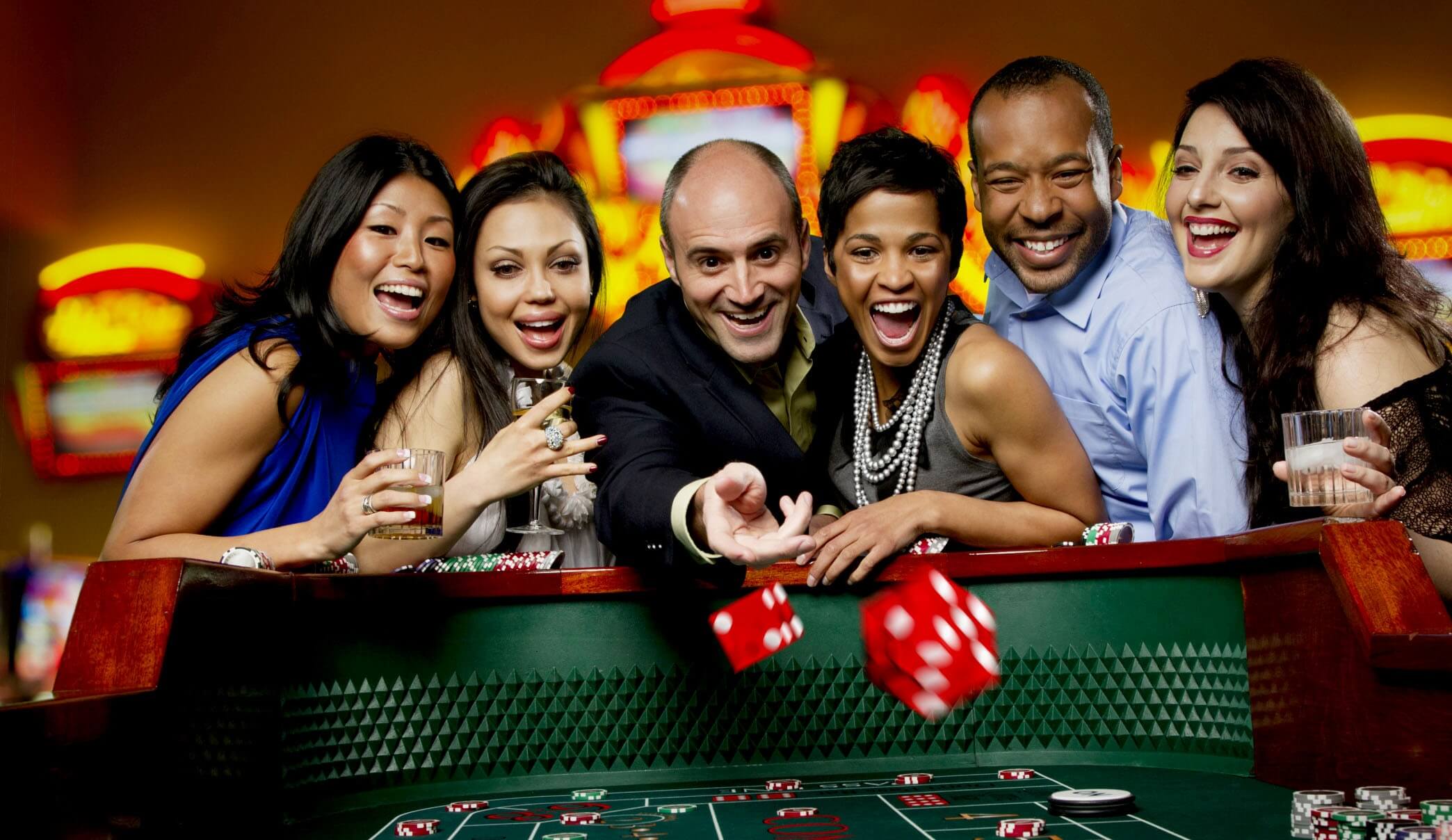
When we think of gambling activities, the initial images that frequently come to mind are those of spinning wheel devices, card chips clinking on felt tables, and cubes rolling across a gaming surface. While numerous consider these activities as mere pastimes fueled by luck, a deeper exploration reveals a fascinating blend of strategy, skill, and community engagement that raises them well beyond simple luck. Whether you are a experienced player or a curious newcomer, grasping the nuances of these activities can significantly enhance your experience and appreciation.
Casino activities have developed over centuries, with different cultures contributing to their diverse histories and different forms. From the intricate strategies of 21 to the deception tactics in card games, players engage in a battle of intellect as much as a gamble on odds. This dynamic interplay between chance and expertise creates a exciting atmosphere that draws millions to casinos worldwide. As we explore the realm of card activities, we will uncover the methods that can tilt the odds in your advantage and the community elements that make these games a favored choice for leisure and interaction.
A Approach Behind Casino Games
Casino games frequently combine a mix of ability and chance, making them fascinating for participants who enjoy a test. Each game has its own set of rules and strategies that can influence the outcome. For instance, in games like 21, players are obliged to use strategies like counting cards and understanding the probabilities to make smart decisions. This expertise can greatly improve the victory potential, distinguishing seasoned players from novices who may depend entirely on chance.
Conversely, games such as the roulette may seem to be purely based on luck, but strategic thinking can also play into play. Players can choose between different wagering strategies, such as the Martingale system, where they increase their wagers after a loss. This method can establish a more methodical way to the activity. casino online non AAMS Understanding the probabilities of specific wagers can also help participants make better decisions on the roulette table, showcasing that even in titles of chance, strategy can enhance the enjoyment.
Additionally, the game of poker is notable as a title that heavily emphasizes strategy. Unlike most gaming games, poker merges ability, psychology, and chance. Participants must not only focus on the cards they are given but also take into account their opponents actions and betting patterns. Mastering concepts like table position, the odds of the pot, and reading bluffs is crucial for winning. This depth of strategy in poker often leads to a more immersive experience for players, where the decisions and skills significantly affect the match’s results.
Comprehending Likelihood and Odds
In the realm of gambling games, probability and ratios have a vital role in deciding a player’s possible consequences. Every match has its own collection of rules that define how the chance of winning or losing is measured. For case, in games like 21, players have a opportunity to modify their ratios through strategy, whereas in games like roulette, the results are purely governed by chance. Grasping how these chances are calculated can greatly impact how a gambler deals with the game.
Ratios are typically presented in two formats: ratio and decimal. Fractional odds indicate the ratio of the sum won to the sum staked, whereas numeric odds show the overall return for a successful bet, including the stake. For example, if a game has ratios of 5 to 1, this means that for every one unit bet, a gambler could win five units if they win. Understanding how to interpret these ratios allows players to evaluate their possible winnings and make more wise decisions during play.
Gamblers should also be aware of the house edge, which is the casino’s inherent advantage over the gamblers. Each game has a different house edge, and comprehending this idea is important for managing one’s expectations and funds. Games with a lower house edge, such as blackjack and chemin de fer, typically offer better odds for players compared to activities like slot machines and lottery. By recognizing the relationship between chance, ratios, and the house edge, players can enhance their gaming experience and strategize more efficiently.
The Social Aspect of Casino Table Games
Casino games at casinos are often seen as a center of social interaction, drawing participants together in a collective experience that extends far beyond the mere act of gambling. The atmosphere at a blackjack table can be electric, with gamblers engaging not only with the game itself but also with each other. Laughter, cheers, and, sometimes, friendly banter create connections that improve the overall enjoyment of the gaming experience. This communal aspect can turn a alone endeavor into a dynamic social event, making table games particularly appealing.
One of the fascinating elements of gaming at tables is the way it cultivates camaraderie among players. Whether it’s collaborating to beat the dealer at a dice table or sharing stories between hands in a poker game, the environment encourages communication. Participants often share advice or tactics, creating a sense of community that enhances the fun. This social dynamic can make new players feel welcomed and less intimidated by the competitive nature of gaming. As the game continues, friendships may form, leading to a sense of belonging that keeps participants returning to the table.
Moreover, the social aspect of table gaming extends beyond just the players. Casino staff play a crucial role in facilitating interaction and maintaining the flow of the game. Their ability to engage gamblers with warm dialogue and their expertise in managing the table can create an welcoming atmosphere. This connection between players and staff adds another layer of enjoyment, where players feel bonded not only to each other but also to the staff. Such interactions are often what make the experience memorable, as players leave with stories to tell and connections made, reinforcing the notion that gaming at tables are truly about something greater than luck.